Yeast Glycosylation Analysis Service
Yeast glycosylation refers to the post-translational modification process in yeast cells, in which specific enzymes attach oligosaccharide chains to proteins. Compared with higher eukaryotes, yeast exhibits unique glycosylation patterns, dominated by high-mannose type N-glycans and O-glycans. These modifications not only influence protein folding, stability, and secretion but also play a decisive role in drug development, vaccine design, and basic biological research.
Barolo, L. et al. Cells. 2020.
Yeast glycosylation analysis reveals the relationship between glycan structure and function, enabling researchers to better understand cellular metabolism and regulatory mechanisms. It also provides essential data support for protein quality control and consistency assessment in biopharmaceuticals. MtoZ Biolabs, an integrated Chromatography and Mass Spectrometry (MS) Services Provider, provides advanced proteomics,metabolomics, and biopharmaceutical analysis services to researchers in biochemistry, biotechnology, and biopharmaceutical fields. By leveraging cutting-edge mass spectrometry and separation platforms, MtoZ Biolabs has established a systematic yeast glycosylation analysis service to deliver high-quality data for both academic and industrial applications.
Services at MtoZ Biolabs
MtoZ Biolabs provides a yeast glycosylation analysis service covering glycan level, glycopeptide level, and intact glycoprotein level detection. By combining multiple separation and MS-based strategies, we deliver complete glycosylation profiles and site-specific information.
1. Glycan-Level Analysis
Glycans are released from proteins using enzymatic methods (e.g., PNGase F for N-glycans) or chemical methods (e.g., β-elimination for O-glycans), followed by detection using MALDI-TOF MS, ESI-MS, or LC-MS/MS. Fluorescent labeling (2-AB, 2-AA) and UPLC-FLR are often applied to analyze glycan composition, abundance, and isomer distribution.
2. Glycopeptide-Level Analysis
After proteolytic digestion of yeast proteins, glycopeptides are enriched via HILIC and analyzed using nanoLC-Orbitrap MS. This strategy enables the identification of glycosylation sites as well as glycan heterogeneity, and is especially effective for detecting low-abundance modifications.
3. Intact Glycoprotein Analysis
Using top-down mass spectrometry, intact glycoproteins can be analyzed to directly observe molecular weight changes and glycosylation heterogeneity. This approach provides rapid insights into overall glycosylation states and is widely used for quality control and molecular weight confirmation.
4. Auxiliary Methods and Enrichment Strategies
- Lectin affinity enrichment: Enables selective enrichment of specific glycan types, such as high-mannose structures.
- Chemical derivatization (Permethylation, reductive amination): Enhances glycan signal intensity in MS and improves structural resolution.
With these complementary strategies, MtoZ Biolabs delivers tailored yeast glycosylation analysis service to meet diverse research requirements, balancing comprehensive glycosylation overview with site-specific detail.
Service Advantages
1. Multi-Dimensional Detection
MtoZ Biolabs integrates glycan, glycopeptide, and intact glycoprotein analyses, providing both a global overview of glycosylation and precise site-specific information, ensuring comprehensive data coverage.
2. Advanced Analysis Platform
MtoZ Biolabs has established a state-of-the-art yeast glycosylation analysis platform, ensuring reliable, rapid, and highly accurate results.
3. Diverse Sample Preparation and Enrichment Options
A variety of approaches, including enzymatic release, chemical derivatization, and lectin affinity enrichment, ensure effective preservation and analysis of different glycan and glycopeptide types.
4. Customized Services
Our yeast glycosylation analysis service is tailored to specific project objectives, whether in basic research, vaccine glycosylation characterization, or recombinant protein quality control, helping to optimize efficiency and avoid unnecessary processes.
5. One-Time Charge
Our pricing is transparent, with no hidden fees or additional costs.
Applications
1. Recombinant Protein Production
2. Vaccine Development
3. Disease mechanism studies
4. Functional Glycoprotein Studies
5. Process Development and Optimization
Deliverables
1. Detailed experimental workflow and methodology description
2. Glycan profiles and quantitative distribution data
3. Glycopeptide and glycosylation site identification results
4. Complete raw MS data files
5. Comprehensive analysis report, including figures, result interpretation, and references
Yeast glycosylation analysis is not only essential for understanding cellular functions but also plays a critical role in advancing biopharmaceutical development and synthetic biology. Leveraging advanced MS platforms and experienced expertise, MtoZ Biolabs provides a reliable yeast glycosylation analysis service for both research and industrial clients. We welcome you to contact us and collaborate with us to accelerate your scientific and development projects.








